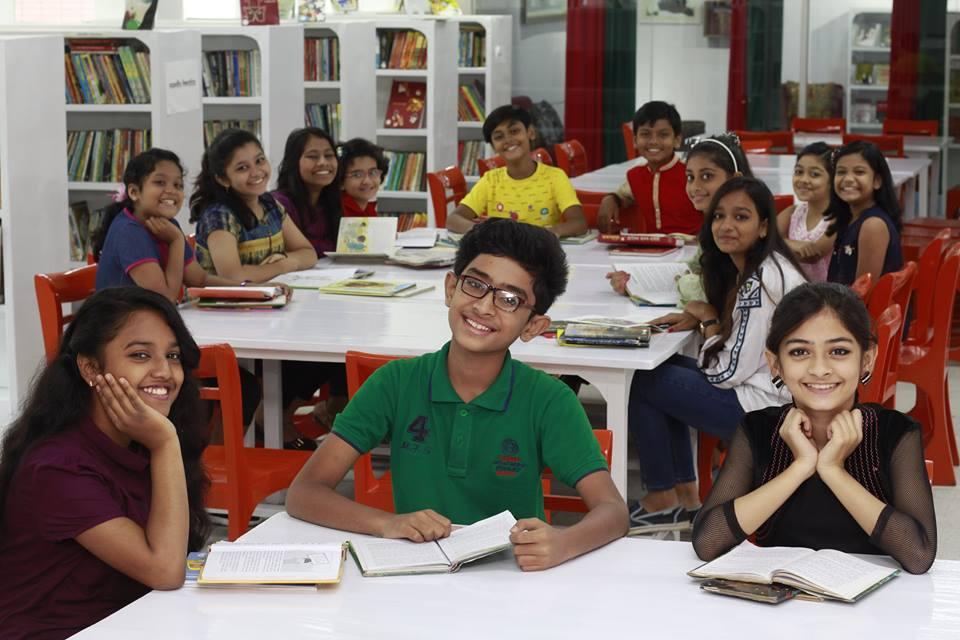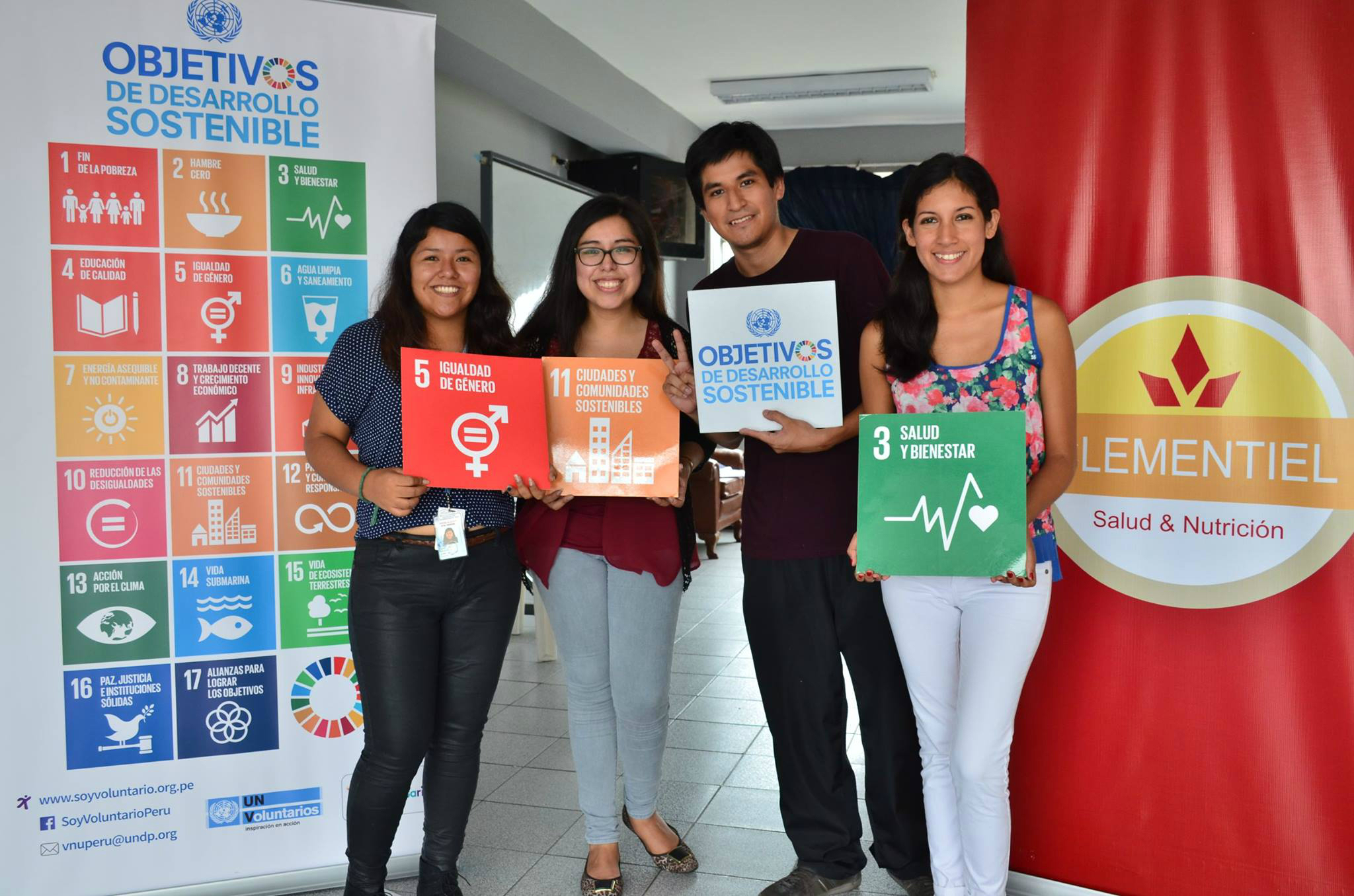School Libraries Face Multiple Barriers in Bangladesh
Prodip Roy and
Md Anwarul Islam

Photo: Copyrighted, Bangladesh Shishu Academy
Last year, on National Library Day, the Daily Star published an article entitled “School librarians should be given teacher’ status.” Then on 28th March 2021, a circular was issued by the concerned authority of the Bangladesh government, showing all school librarians and assistant school librarians have been given teacher status. The article was fundamental in the context of that time. After a long movement and waiting period, the school librarians and assistant school librarians got the teacher status. The inequality is now eliminated after the announcement of the new MPO policies and the human resources framework 2021 for private schools and colleges. The new position of the school librarian is called ‘Teacher (Library and Information Science)’, and Assistant Librarian cum Cataloguer is called ‘Assistant Teacher (Library and Information Science).
Since the announcement came in March 2021, as expected, it has been learned that teacher-librarians are being appointed as teacher representatives in many schools and colleges. Besides, teacher-librarians now can perform administrative duties such as headmaster or assistant headmaster, which is a significant change. Another substantial impact is that, since the school librarians have been given the status of teachers, every recruitment will be completed through Non-Government Teachers Registration and Certification Authority (NTRC). We think this is a timely decision. This will make it easier to hire skilled and genuine professionals. As a result, it is expected that the recruitment trade and corruption in the educational institutions will come down a lot.
In its continuation, on this National Library Day, we will try to shed light on the contextual review of that old writing, the reflection of teacher dignity, the current problem and what we need to do to solve it.
I personally know many people who came to study in Australia from Bangladesh either for higher study by research with scholarships or for a general study. After coming here, students’ biggest problem starts with using the library in their learning journey. At first, many students struggle a lot and are deprived of good results because they do not know how to use the library correctly.
A School library is a place that is a repository of information and gives every student, teacher, and staff equal access to it. We believe school libraries are the gates of the future. The school library is literally the heart of the educational program. We all know the importance of school libraries in enriching the learning environment of all students and the wider school community to deliver goals as outlined in the national education policy 2010. Most developed nations have physical and virtual library spaces that are inclusive and welcoming, encouraging students and teachers to connect for both learning and recreation. If we ignore reading books, we will not be able to provide a well-educated and developed nation. If we are not able to teach good reading habits to today’s children, they will not be able to keep pace with the developed world in the future.
Many studies on school library education show that students have great difficulty in their future studies without decent library services in their schools. For example, a report with Ethnographic Research in Illinois Academic Libraries (ERIAL) found that those students who don’t have access to a qualified librarian and obtain library skills in their schools go on to have trouble with many skills including research, basic information, literacy skills, doing academic searches, evaluating resources. International data abounds, which confirms that a resourceful school library and a qualified teacher librarian improves student learning outcomes. A study on school libraries conducted by CISSL in Ohio reports that 99.4 percent of students in grades 3 through 12 feel school library services help them become better learners (Todd, et al., 2004). It is unfortunate but true that book reading culture has not yet developed in the school libraries in Bangladesh. Library education is still a myth in most educational institutions in Bangladesh. However, the Government of Bangladesh is working to implement the National Education Policy 2010, which is very important for the bright future of our next generation children. Therefore, we urge the government to establish facilities for children in developing reading habits to acquire more knowledge.
2030 Agenda and the Sustainable Development Goals

Photo: “Sustainable Development Goals” by Marco Carrasco is licensed under CC BY-SA 4.0
“Sustainable Development Goals” by Marco Carrasco is licensed under CC BY-SA 4.0
The number four goal of the 17 Sustainable Development Goals by 2030 by the United Nations is called Quality Education. That means we need to support the development of entrepreneurial culture and skills, provide technical and vocational training, and help enhance young people’s skills and knowledge for employment, decent jobs and entrepreneurship. The government authority should carefully consider that all students have equitable access to quality school library services.
School Libraries Face Multiple Barriers in Bangladesh
Recently many school librarians were interviewed focused on the current challenges and providing library services to all students and other teaching staff. The School Library Association of Bangladesh is concerned that many schools don’t have functioning school libraries. Whereas, the education policy said, before establishing a workforce for the vacant position of librarian, the educational institution needs to have a library room and collection of at least 1500 or more books in the library. The conditions under which a school appoints a teacher- librarian, in many cases, a matter of fiction. It is seen that even though there is no library in the institutions or enough books in the library, the concerned education officer gives falls and unethical investigation reports when submitting to the authority for the new recruitment. Talking to many teachers concerned, it is known as deception; an entire nation is trapped in this deception. They said, “we are cheating with the students, cheating with ourselves, and cheating with the whole nation.” What could be the future of a nation if the school authority and teachers’ community get involved in such immoral activities?
Most school libraries in the country do not have computer facilities. However, to keep pace with the current information technology, the school libraries need to have at least one computer. Most schools do not yet have an internet connection. If we cannot provide internet facilities in this 21st century, we will be deprived of the modern education system. During this Covid-19 period, most of the schools in Bangladesh were closed for a long time. Still, most educational institutions continue their education system online in many countries. Children were deprived of education services for a long time due to a lack of access to devices and the internet in Bangladesh. It has caused a lot of damage to children. Initiatives need to modernize school libraries in Bangladesh to ensure ‘quality education for all’ through SDG-4 targets. Bangladesh has set a course of action to provide education for all by 2030. Proper adherence to the national education policy is required to implement this approach.
When students are admitted to an educational institution in Bangladesh, some fees are taken from them as the library service fees. Still, in many schools, teacher-librarians have questioned the proper use of this money. The issue is, where are the library fees going to? Following the question, what kind of budget is required to improve the library service has never been discussed in the academic committee meeting due to the non-inclusion of teacher-librarians in the academic committee.
Again, if we look at the developed countries such as Australia, teacher-librarians use the latest technologies to connect their school community (teachers, school support staff, students, and their families) to quality resources. Teacher-librarians are professional curators – they select only the most valuable resources for teaching and learning. They should have continuous professional development opportunities. The School Library Association of Bangladesh (an organization of teachers (Library and Information Science) is concerned that they do not have any specific guidelines for proper professional development concerning library services. How the school libraries will develop their collections, such as what kind of books the libraries will focus on collection development, what type of policy should be followed in accepting public donations, fees charged for the library fees from students and what percentage will be spent on library development or purchase of new resources. Such policies should be available and understandable to demonstrate the library value.
We think that the present Government of Bangladesh has undertaken a massive development program in developing the national education policy. In implementing the national education policy, now it is time to consider having a clear policy on how the school libraries will be run. We recommend setting up a school library in each educational institution with a vibrant and welcoming space. The teacher-librarian will create a culture of collaboration in learning between the teacher-librarian and teachers in the school that benefit successful student outcomes. The teacher-librarian will significantly encourage students to consume and create robust knowledge with honesty and integrity at heart. Like other developed nations, we want to see school libraries ensure cultural diversity in the resources curated and circulated across the school and build information and digital literacy skills. When looking toward the future, we expect to see every school have a physical and online space with co-teaching of teacher librarians with classroom teachers to build a developed nation.
About the authors:
Prodip Roy has been working as a qualified Library Professional in Local and State Government and the tertiary education sector in Australia for seventeen years. Currently, he works as a Library Officer at RMIT University, Melbourne, Australia. He is also a PhD candidate in Information Systems and Business Analytics studying under the School of Accounting, Information Systems and Supply Chain at RMIT University. He has a wide range of leadership experience in different libraries and professional information associations locally and internationally to arrange the event. He is currently an Associate Member and Distinguished Certified Professional of the Australian Library and Information Association AALIA (DCP) since 2011. He has been a library delegate, committee member and vice-president of the National Tertiary Education Union (NTEU) Australia since 2018 for the RMIT University branch. As the founder and Editor in Chief, he leads The Librarian Times team in implementing its vision and mission. Currently, he is an existing executive member for the Creative Commons Australia Chapter and is responsible for Open Ed (Tertiary). Further, he served as a Co-Chair for Special Interest Group-International Information Issues (SIG-III) of The Association for Information Science and Technology (ASIS&T) since 2018.
Md Anwarul Islam is an Associate Professor at the Department of Information Science and Library Management, University of Dhaka, Bangladesh. He received his PhD in 2016 from the School of Knowledge Science, Japan Advanced Institute of Science and Technology (JAIST). His primary research areas are knowledge management, information seeking behavior, information literacy and informetrics. His recent research also includes cloud computing and cognitive assistants in social life. He helps to conceptualise the current study, write literature review, methodology and write the data analysis and discussion part.
